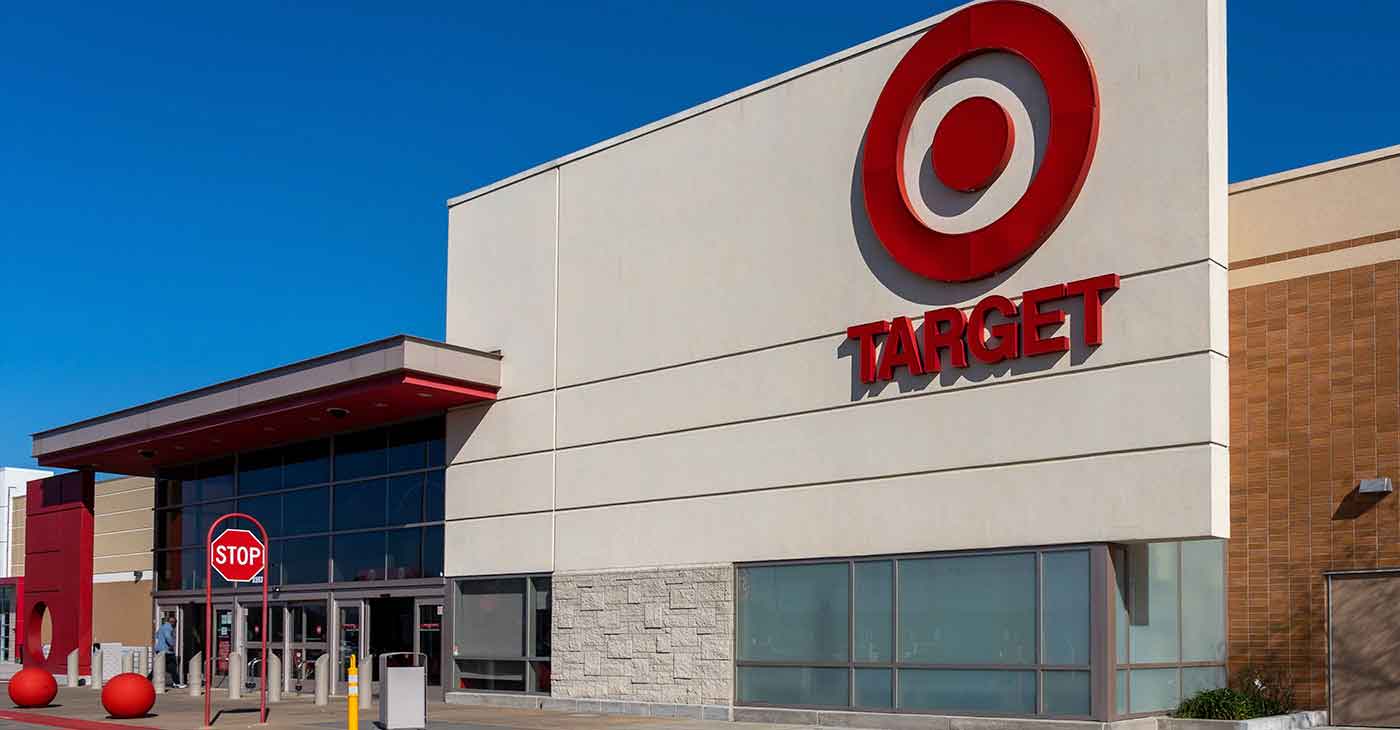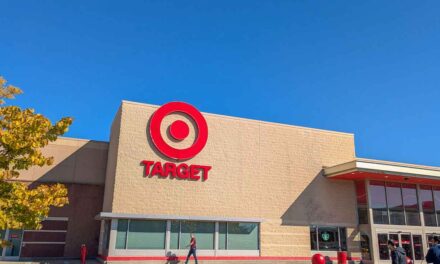Target Continues to Pay the Price for Breaking Promise to Black America
While Target remains silent on its declining traffic, the contrast with its competitors is glaring. Costco, which maintained its DEI commitments despite political attacks, saw a 5.2% year-over-year increase in foot traffic during the same week

By Stacy M. Brown | BlackPressUSA.com Senior National Correspondent
Target is losing more than its commitment to equity, it’s losing customers. For the eighth consecutive week, shoppers have turned away from the retail giant following its decision to dismantle its diversity, equity, and inclusion (DEI) program in January. New data from Placer.ai shows store visits during the week of March 17 fell by 5.7% compared to the same time last year. That follows a 7.1% decline the week before, bringing the average drop over the past two months to 6.2%. The fallout has been swift and steady. Target’s quiet retreat from DEI—after years of vocal support for racial and social justice and a multi-billion-dollar pledge—triggered an immediate backlash. Faith leaders, civil rights organizations, and everyday consumers responded with public pressure and calls to action.
Leading the charge is the Rev. Jamal Bryant, whose “Target Fast” boycott encouraged shoppers to avoid the chain throughout Lent. The effort surpassed its original goal of 100,000 participants, with more than 150,000 people now participating. The boycott is scheduled to end on Easter Sunday. The National Newspaper Publishers Association (NNPA), representing the Black Press of America, launched a National Public Education and Selective Buying Campaign to help guide African Americans in wielding their $2 trillion in annual spending power. The NAACP issued a national consumer advisory, warning that Target’s rollback is part of a broader, intentional retreat from DEI by major corporations. “We encourage you to spend your money where you’re respected, support Black-owned businesses, and demand businesses prioritize people over profit,” NAACP officials said. “Above all, we must continue to advocate for policies that ensure people of color, women, veterans, those with a disability, and all protected groups have equal access to opportunities across the country.”
Following George Floyd’s murder in 2020, Target Corp. was among a list of companies making specific diversity pledges. Target vowed to spend $2 billion with Black-owned businesses by 2025, increase its Black workforce by 20%, and establish a Racial Equity Action and Change (REACH) committee to advance racial equity within the company and beyond. It has reneged on those promises, making Target a focal point of protests. While Target remains silent on its declining traffic, the contrast with its competitors is glaring. Costco, which maintained its DEI commitments despite political attacks, saw a 5.2% year-over-year increase in foot traffic during the same week—its 13th straight week of growth.
Walmart and McDonald’s—both of which had seen multi-week declines like Target—also saw their numbers shift slightly for the week of March 17. Walmart posted a modest 0.3% increase in foot traffic, while McDonald’s reported a 2% increase. But unlike Target, neither had matched its aggressive stance on racial justice—or its equally visible retreat. Over the last eight weeks, Walmart’s average weekly foot traffic has been down 1.6%, and McDonald’s has seen a 3.6% average drop. Target’s 6.2% average decline puts it at the center of growing consumer frustration—and organized resistance. “It’s been eight weeks, and the numbers don’t lie,” Deja Monet wrote for NewsBreak. “Target faces foot traffic decline for the eighth week after cutting off DEI programs, and the backlash shows no signs of slowing. With a massive boycott underway, declining sales, and silence from the brand’s top brass, Target is walking a tightrope between corporate appeasement and consumer fallout.”









